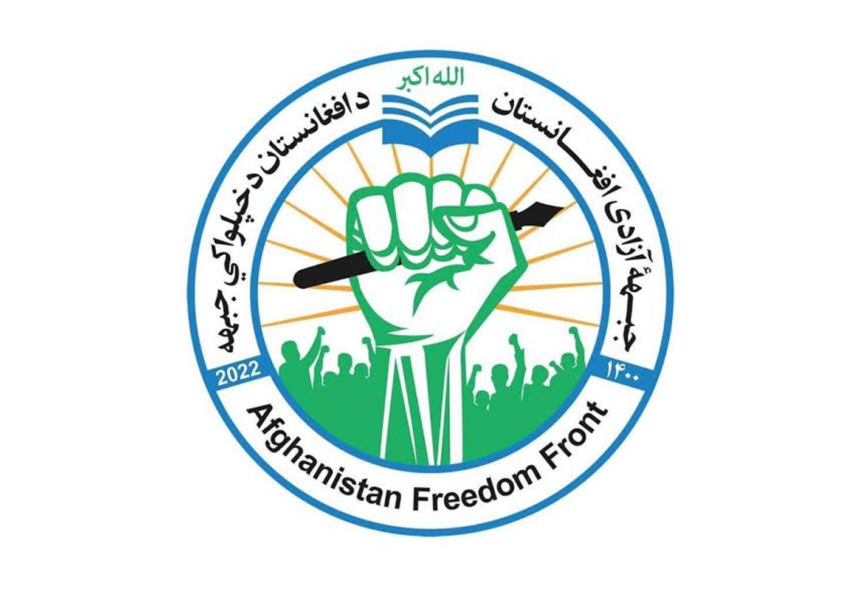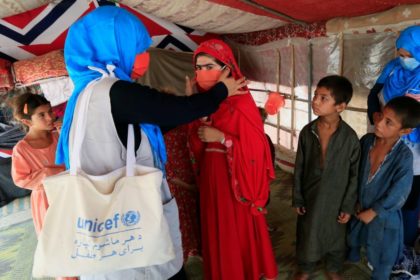RASC News Agency: In yet another sign of deepening instability under Taliban rule, the Afghanistan Freedom Front (AFF) has claimed responsibility for a covert operation targeting a Taliban checkpoint in the capital city, Kabul. According to the group, the strike resulted in the killing of two Taliban fighters and the injuring of another, further punctuating the regime’s growing vulnerability even in its most tightly controlled urban areas. In a press statement issued on Saturday, the AFF confirmed that the attack took place on Friday evening, June 20, at the Zoorabad intersection near Sarai-e-Shamali in District 4 of Kabul. The group stated that its operatives precisely identified the Taliban presence, executed the operation with strategic precision, and withdrew from the area without sustaining any casualties.
This latest assault adds to a string of covert operations that have been launched in recent months against Taliban personnel, particularly in major cities where the group once claimed complete security control. The Afghanistan Freedom Front, a key resistance force opposing Taliban rule, has consistently targeted Taliban outposts, convoys, and commanders in the capital and several other provinces. Local residents reported hearing sustained bursts of gunfire in the area during the time of the incident, corroborating the timeline provided by the group. As of this report, Taliban officials have offered no statement and continue to maintain a policy of silence on security incidents that cast doubt on their control.
Security analysts note that such attacks indicate a growing capacity among resistance groups to infiltrate and strike in heavily patrolled zones, challenging the Taliban’s narrative of restored order. Despite the regime’s constant proclamations of national security, Kabul and other metropolitan centers have become the stage for recurring acts of armed defiance a clear indication of the regime’s failure to maintain monopoly over violence or legitimacy among citizens. “The rise in these covert operations is not just a military challenge to the Taliban it’s a political indictment of a regime that governs through exclusion, repression, and fear,” said a Kabul-based analyst who requested anonymity due to safety concerns.
Observers warn that the continuation and escalation of such operations could signal the onset of a prolonged insurgency that would further destabilize Afghanistan, especially as the Taliban remain isolated diplomatically and incapable of delivering economic recovery or inclusive governance. Meanwhile, the Afghanistan Freedom Front and other resistance movements appear to be capitalizing on the regime’s internal divisions, economic failures, and widespread public disillusionment. These covert strikes, analysts say, are not merely tactical they are symbolic acts of defiance in a society suffocating under authoritarian rule.
As the Taliban struggle to maintain a grip on power, the resurgence of armed resistance within the capital itself sends a chilling reminder: the era of uncontested Taliban dominance may be eroding faster than anticipated.






